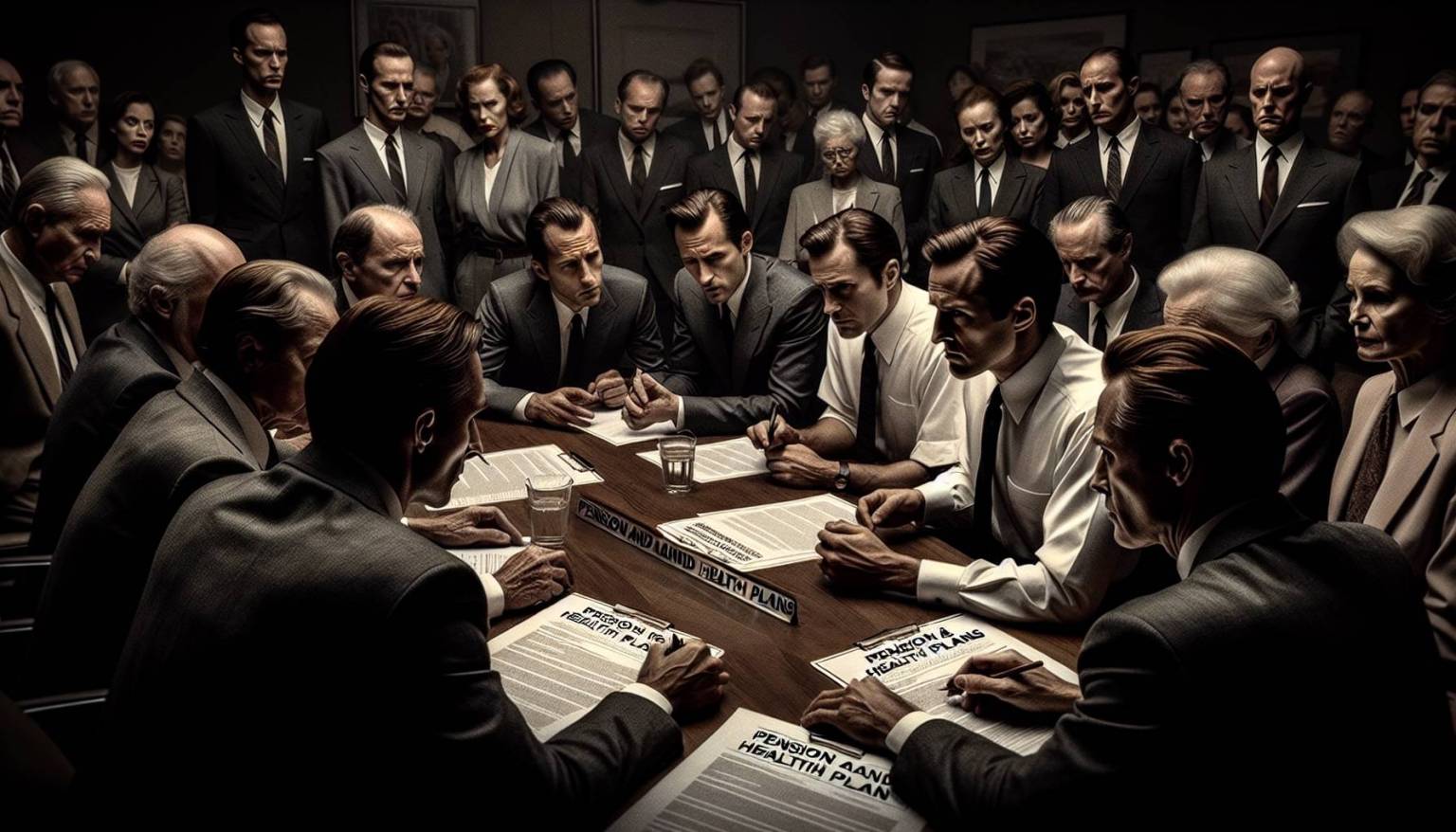On Monday, March 4th, 2024, discussions commenced between Hollywood labor bodies such as the International Alliance of Theatrical Stage Employees (IATSE) and the Alliance of Motion Picture and Television Producers (AMPTP). These discussions highlighted concerns regarding pension and health matters and the possibility of renewed conflicts if no agreement is signed before the contract deadline of July 31.
Increasing healthcare costs have brought the issue of health and pension benefits to the forefront of these negotiations. Moreover, the distribution of streaming revenues from platforms like Netflix and Amazon is another contentious issue on the table. Both parties, however, have voiced optimism about reaching an agreement that benefits all parties involved before the deadline.
The stakes of these negotiations are high and the outcome carries considerable implications for Hollywood workers and beyond. Despite this, both sides pledged to confidentiality, keeping the talks private. The aim of the discussions is a mutually beneficial agreement that ensures fair treatment of everyone involved in the film and TV industry.
Unions such as the IATSE, Teamsters Local 399, and other Basic Crafts have proposed a new streaming residual aimed at increasing employer contributions to the Motion Picture Industry Pension and Health Plans. These plans are under considerable strain due to a deficit caused by previous strikes, which halted the entertainment industry for six months. Despite this, unions are adamant about not extending contracts beyond their expiration date, signaling a strict deadline for these negotiations.
Proposed measures to alleviate the plan’s financial burden include potential cutbacks, increased employee contributions, and changes to existing arrangements. These are planned to be implemented over a phased period. A vote among union members will decide the acceptance or rejection of these proposals.
Negotiations will continue to involve various contracts and agreements affecting multiple regions. Despite the slow progression, the unions maintain a robust stance on contract durations while the companies urge for more flexibility. An open dialogue has been called for to bridge the gap between these two positions.
In conclusion, these talks carry significant weight and their outcome will impact the entertainment industry profoundly. As such, they will be closely watched by stakeholders. Their progression, however, is expected to be slow and cautious, emphasizing the gravity of the issues at hand.

